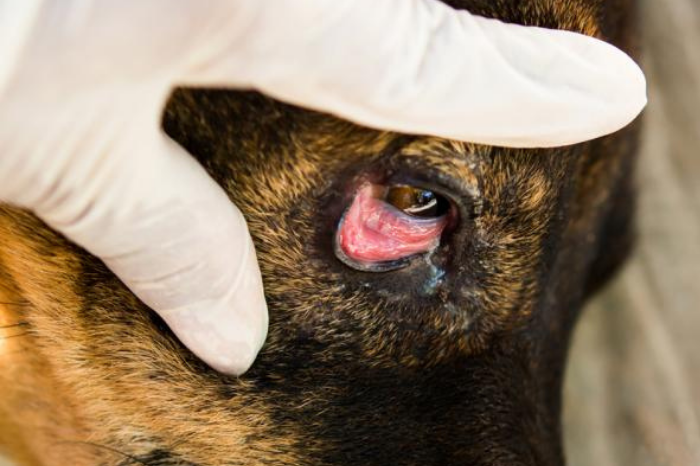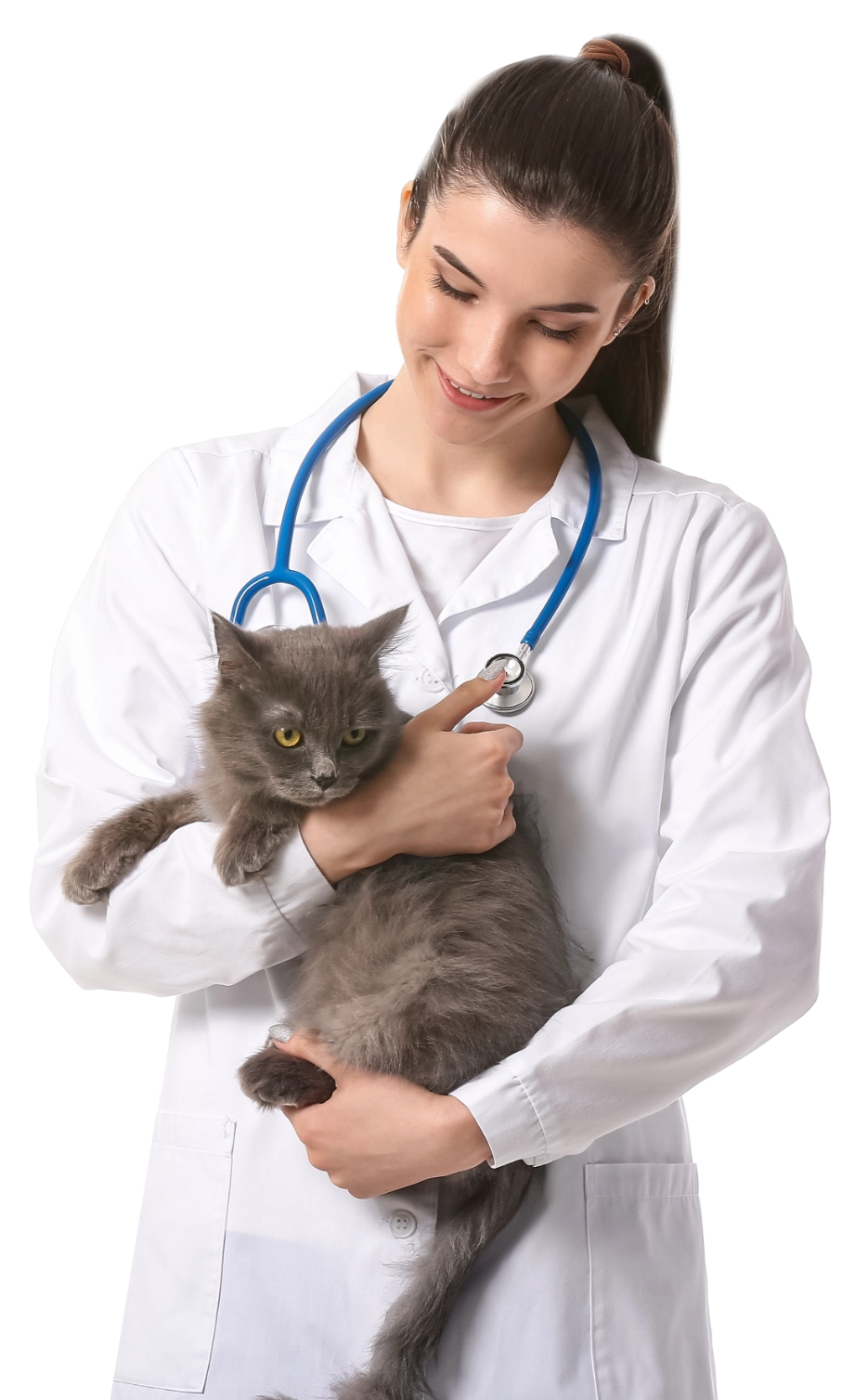

Importance of Deworming & External Parasite Treatment for Pets
Internal and external parasites treatment is an important preventative care regime for reducing parasites and improving the health of our pets. It is also important to help to prevent transmission of parasites to people and avoid contamination of the environment.
Parasites are organisms that live on or in a host organism and get its food from the host. Our furry friends are prone to both external parasites such as fleas and ticks and internal parasites that live inside their body.
External parasites can cause different reactions in a pet, ranging from mild irritation and rashes to more severe complications. On the other hand, common internal parasites can lead to symptoms like dull coat, coughing, lack of growth, diarrhea, vomiting, poor appetite, lethargy, weight loss, distended abdomen or anemia.
Pet dogs and cats can be hosts to multiple internal parasites. These parasites live inside the different organs of your pet but most commonly in the intestinal tract or the bloodstream. Examples of these parasites are tapeworms, roundworms, hookworms, whipworms, heart-worms, lungworms, threadworms and eye worms. Deworming is usually carried out several times from young age of both puppies and kittens. However, deworming of an adult animal is more variable, depending on the risk posed by the pet’s lifestyle. Thus, it is always a good idea to regularly deworm your pet as a prevention and treatment, which is usually every 3 to 4 months.
There are numerous products combinations at the market that kill worms as well as fleas, ticks, or heart-worm. Not all types of worms can be killed with the same drugs, so some deworming products work against common types of intestinal parasites while others do not. Our veterinarian can speak with you about the right products and schedule a regular treatment for your dog or cat.
recent post

EARLY DETECTION AND TREATMENT OF HIP DYSPLASIA IN PUPPIES
Hip Dysplasia in dogs is an anatomical orthopedic condition which has a genetic background and affects mostly..
learn more
“CHERRY EYE” or PROTRUSION OF THE GLAND OF THE 3rd EYELID
Protrusion of the gland of the third eyelid (or “cherry eye”) occurs most commonly in dogs and..
learn more



